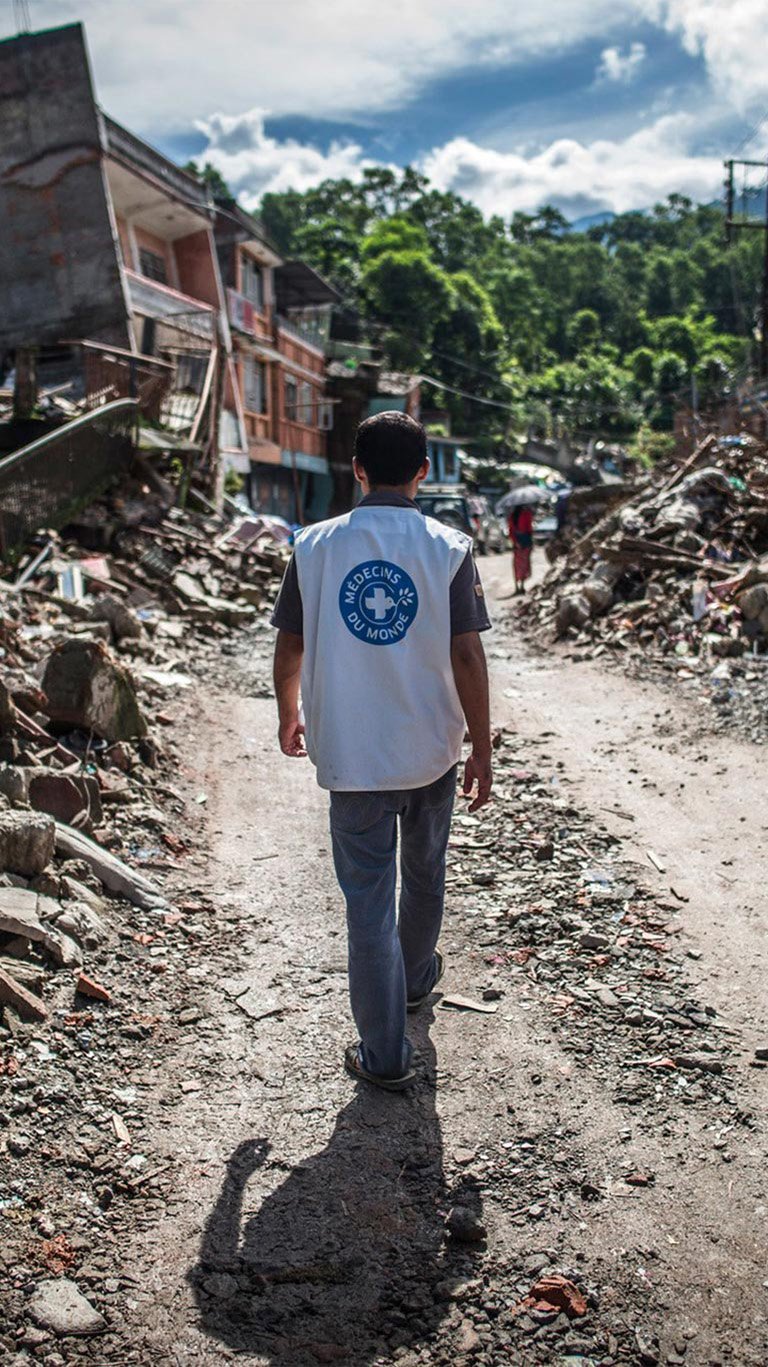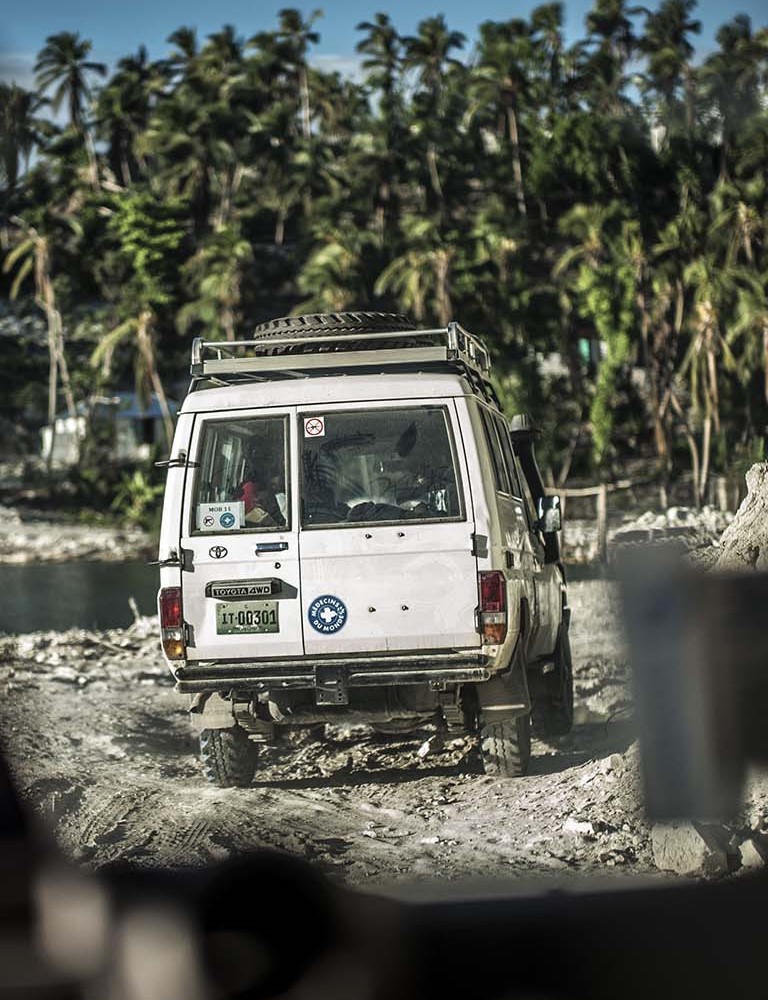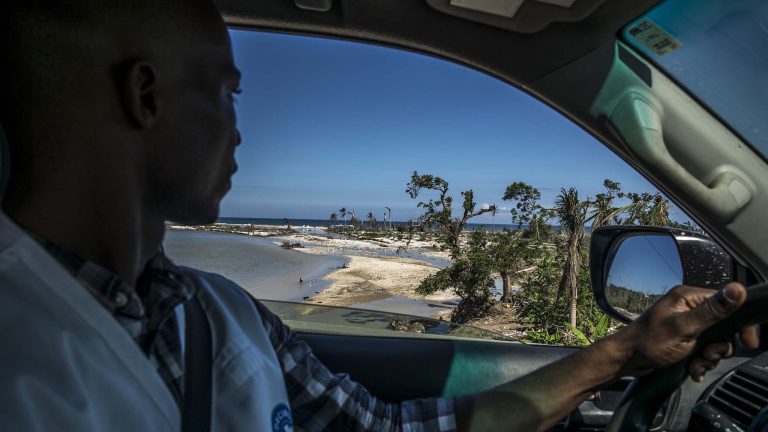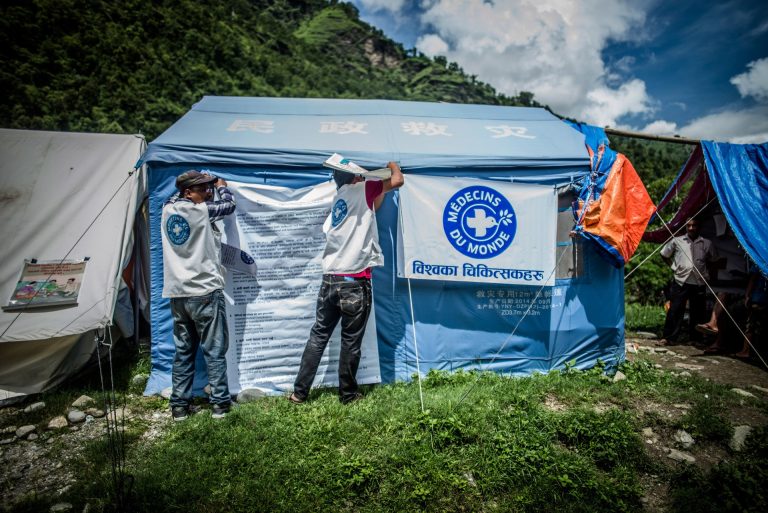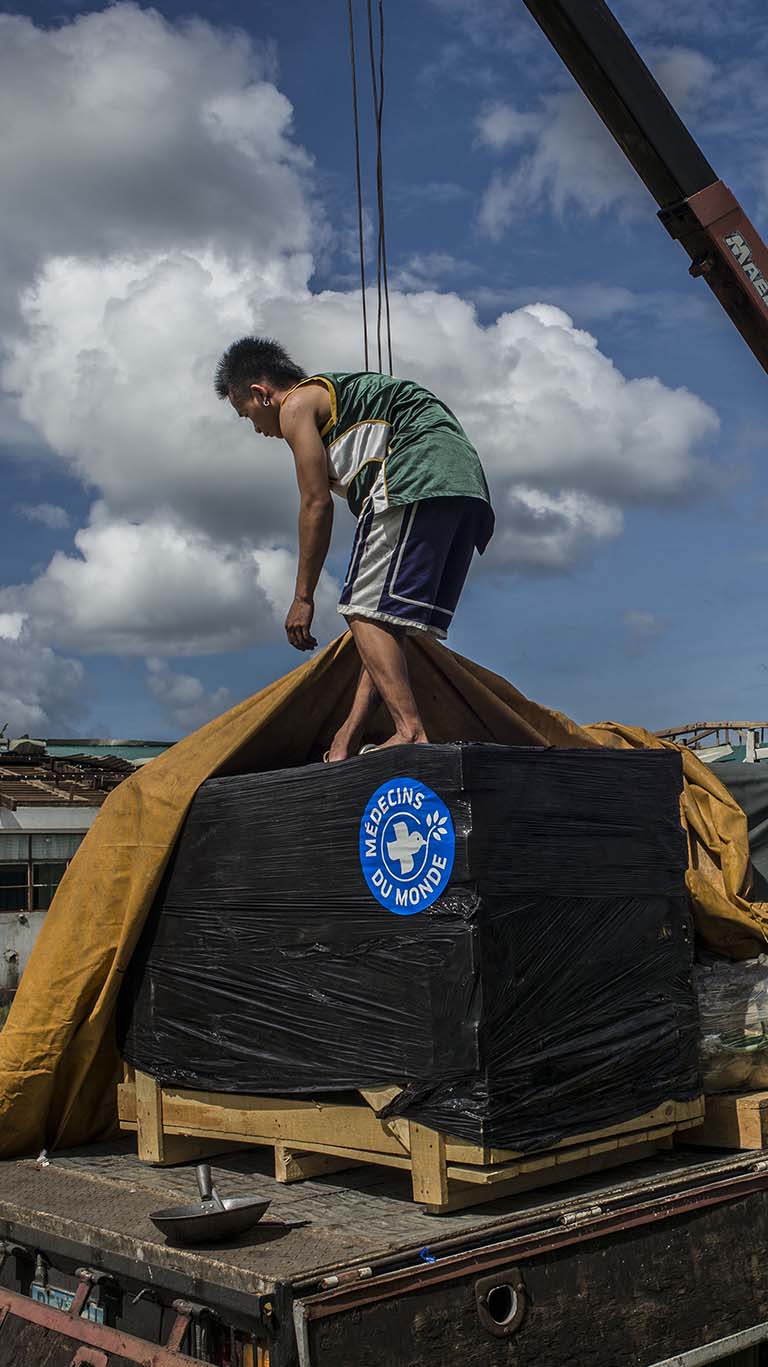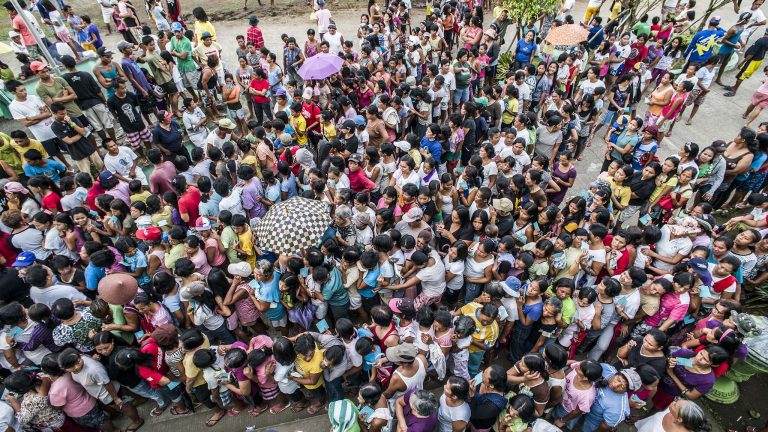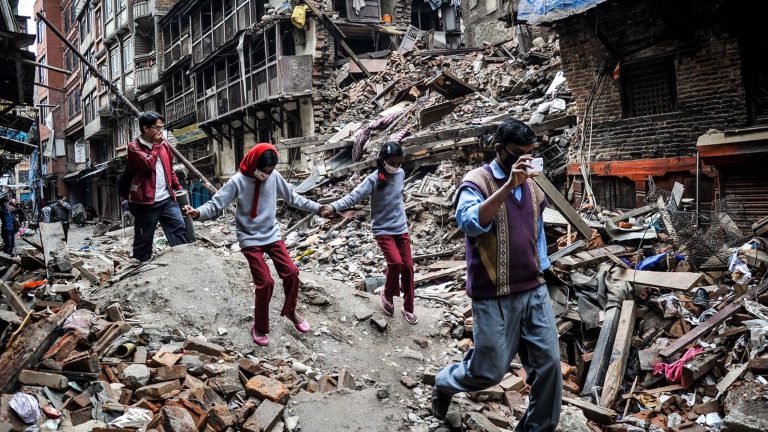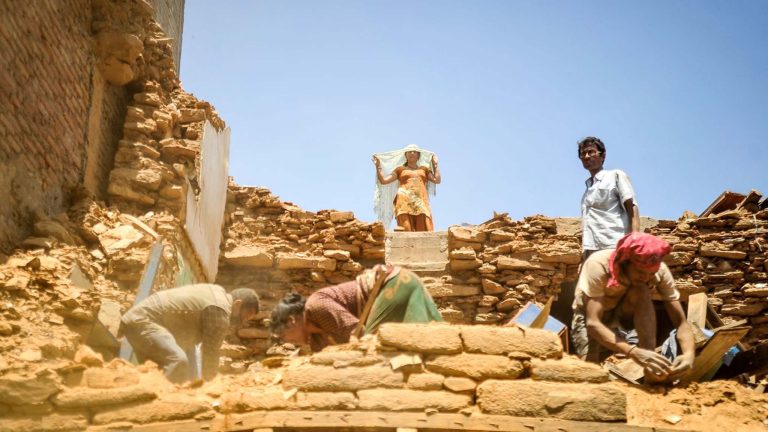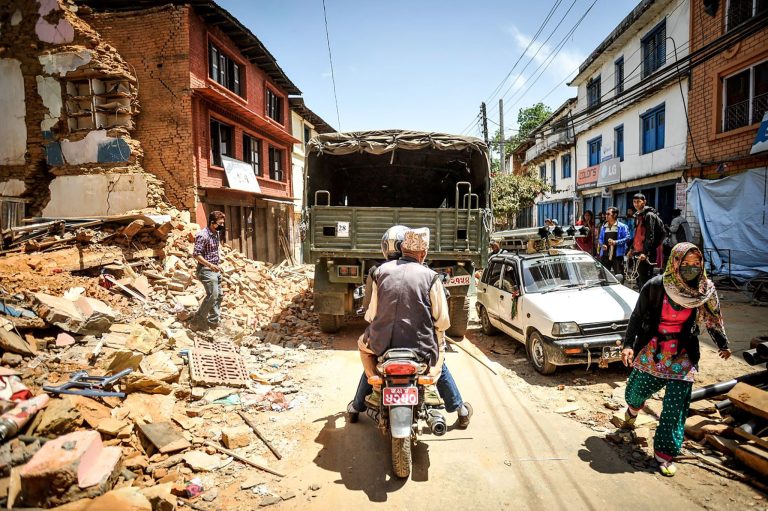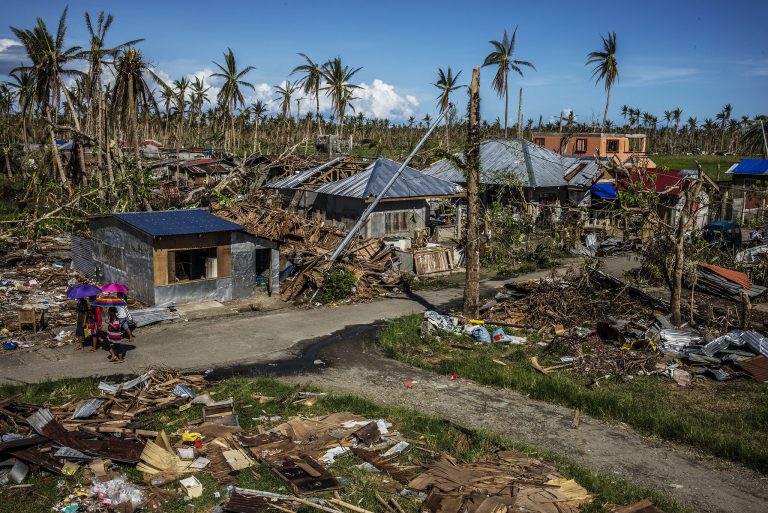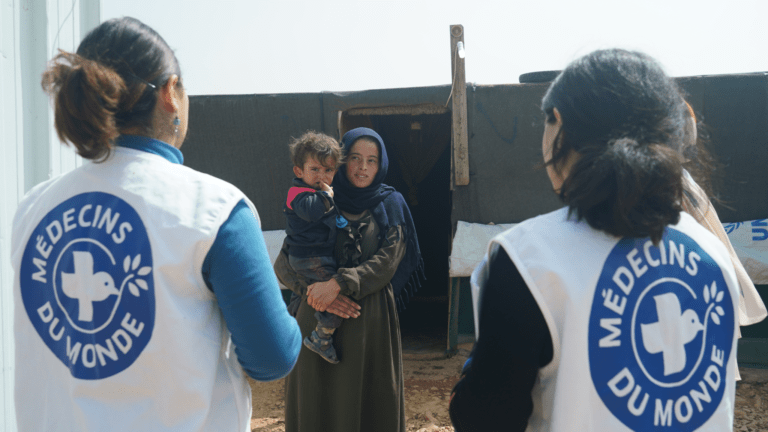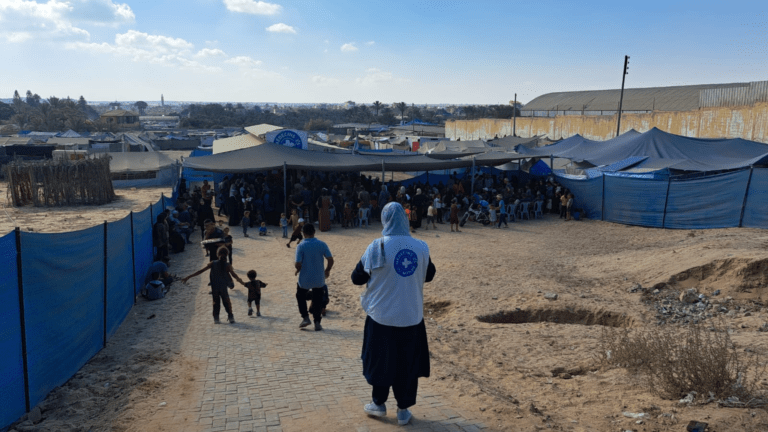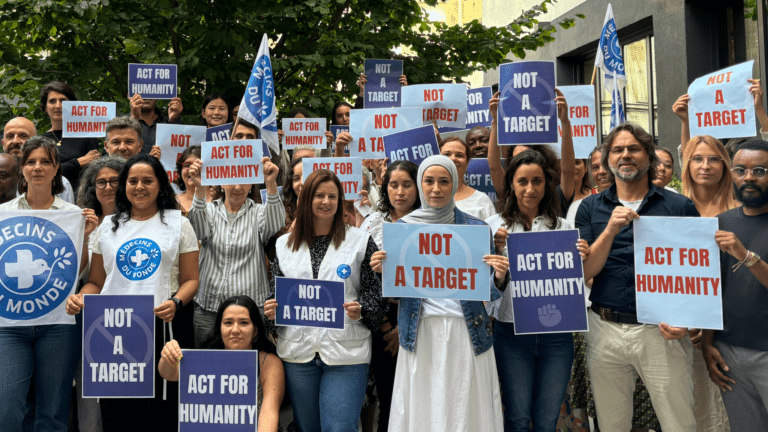In humanitarian emergencies, we respond quickly by sending teams and equipment to the field to restore access to care and meet initial health needs. If we have ongoing programmes in the countries concerned, we rely on the teams already in place to act more efficiently in response to the humanitarian emergency.
Médecins du Monde aims to bring comprehensive primary healthcare to populations affected by conflicts and disasters around the world, and to support local medical structures. We also work with displaced populations and refugees in camps and elsewhere to provide medical and psychosocial consultations. We are committed to providing services even in the most remote areas through mobile clinics.
In the event of a natural disaster, we send medicines and medical consumables, health equipment and human reinforcements. We also intervene via mobile clinics and help rebuild damaged or destroyed healthcare facilities.











